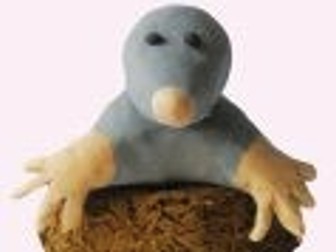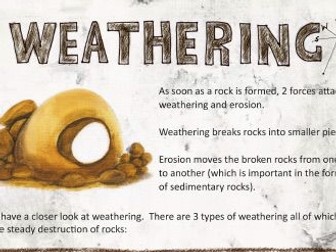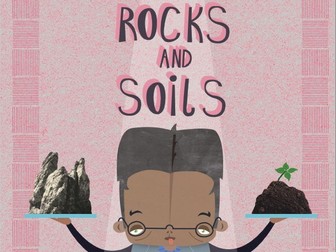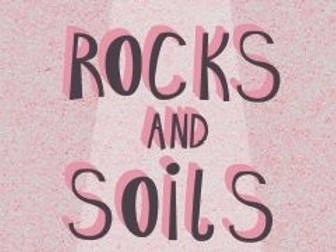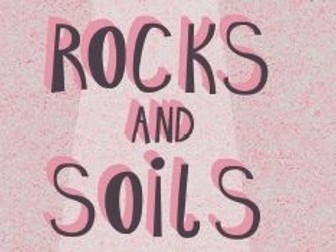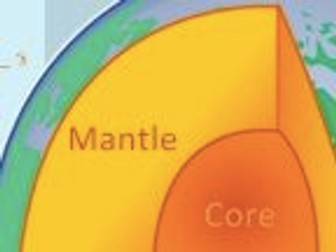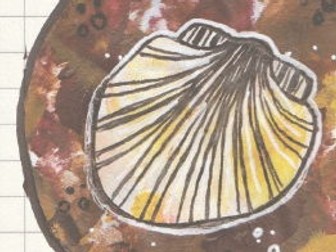Soils
KS2 children learn about soils, it’s form, formation and texture through information pages, puzzles, construction of a soil horizon and experimentation.
Knowledge attained is applied to consideration of the ideal soil for a football pitch. Consideration is also given to choices made by the British army prior to the D-Day landings. Simple experimentation helps children understand why soil underlying the beaches was so important to the decisions made at this time.
Wolverhampton University students have created this fun, engaging introduction to soils designed to promote children’s interest.
